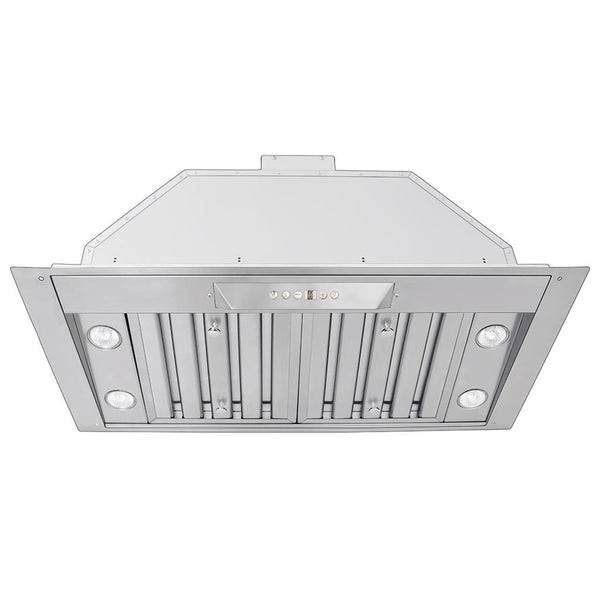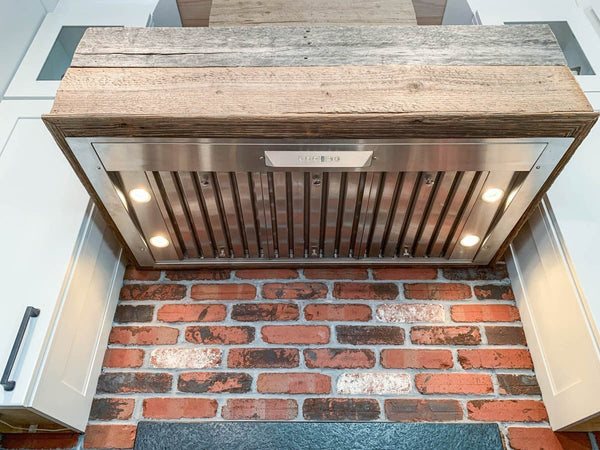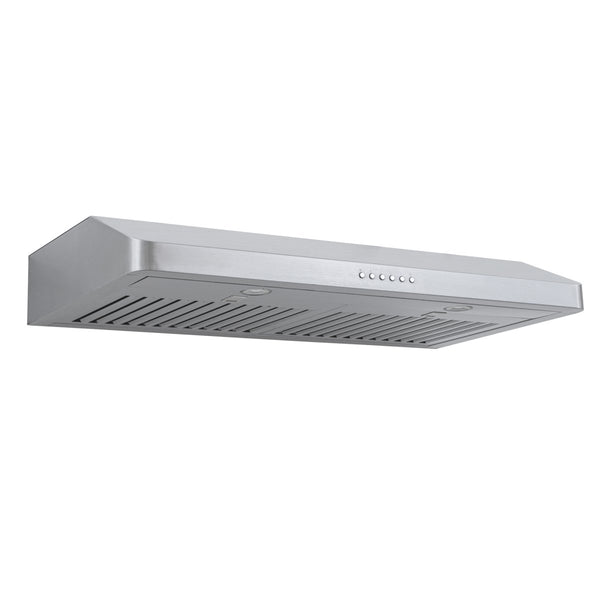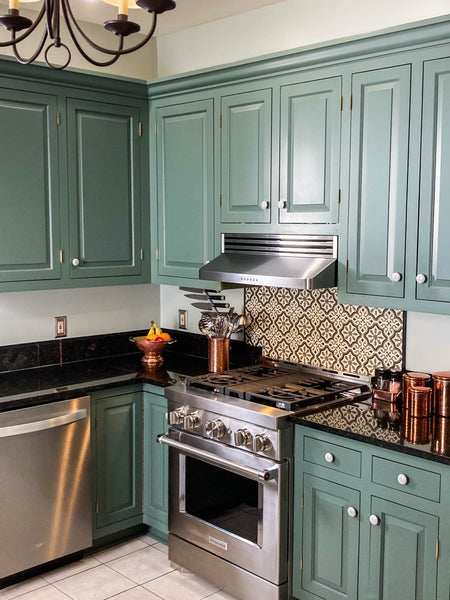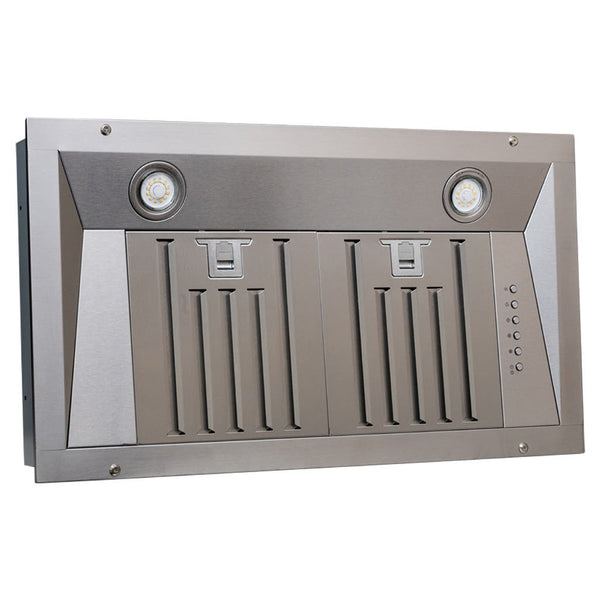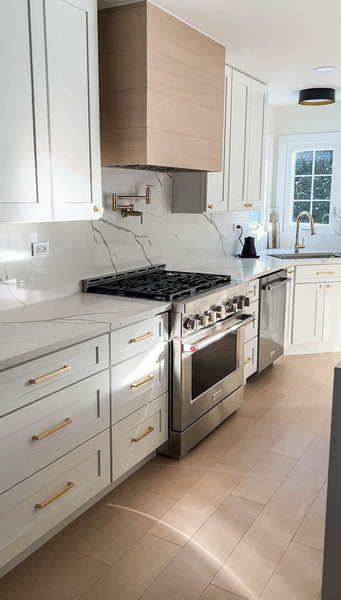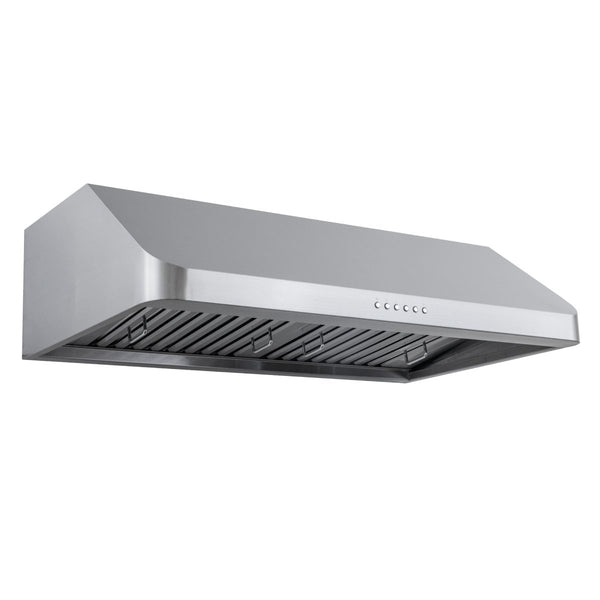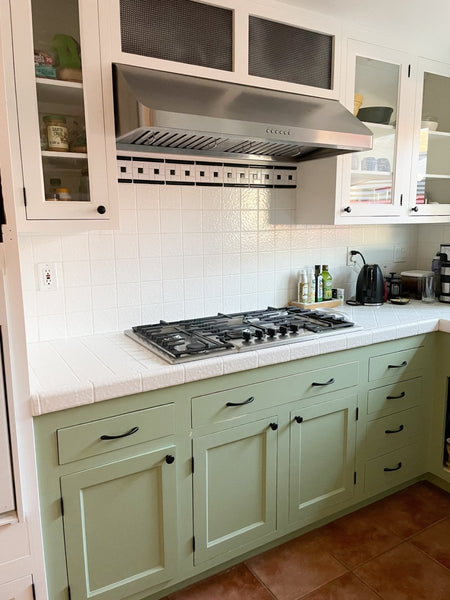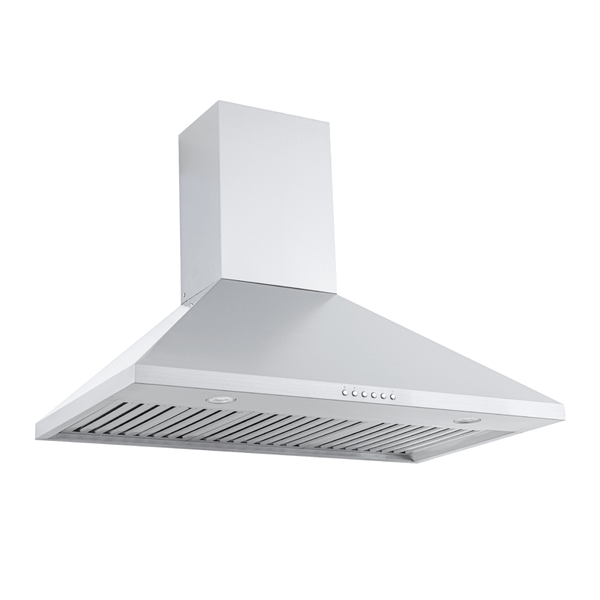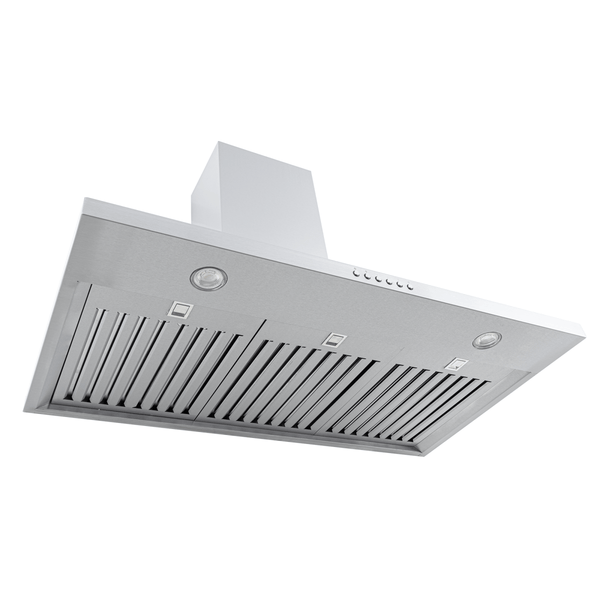Concrete countertops give your home a unique, rustic look. They are one of the most durable countertops on the market today. In most modern homes, you’ll see ceramic, quartz, marble, and granite.
Concrete isn’t the number one choice for most homeowners. That being said, it’s an exceptionally durable option for your kitchen. But it requires some maintenance. With proper care, your concrete countertops will last a lifetime.
Use a pH-neutral cleaner to clean concrete countertops. Dish soap is also a great option, but it’ll leave some residue behind on your counters. Avoid strong acids or bases such as ammonia, vinegar, CLR, and bleach. It can damage the sealant on concrete countertops and eventually wear away at the surface.
What You Need
- pH neutral kitchen degreaser
- Water
- Clean towel or rag
- Scrubby sponge
- Small bowl or container
1. Spray the pH-neutral degreaser on your countertop.
2. Let it sit for a few minutes.
3. Scrub the concrete countertop with a scrubby sponge.
4. Wipe the degreaser with a clean dry cloth.
5. Repeat this process for difficult stains.
You can use small amounts of acidic cleaners like vinegar and bleach, but you run the risk of damaging your countertop. Vinegar is the safest bet. It’s best to stay away from bleach which is one of the harshest abrasive cleaners.
If you don’t have a pH-neutral cleaner and instead use dish soap and water, wipe the area with a damp cloth to remove soap residue.

How to Remove Stains from Concrete Countertops
Baking soda and vinegar are a great combination to tackle tough stains on your concrete countertops. You can try other strong abrasives as well but test them first on a small area of your countertop. For tough stains, it’s OK to use a little vinegar. For everyday cleaning, it’s best to use a pH-neutral cleaner or dish soap and water.
Frequently Asked Questions
Do concrete countertops need to be sealed?
Yes, always seal concrete countertops to increase their longevity. The seal protects from heat damage, water damage, scratches, and the like. It will also prevent discoloration. Reseal your concrete countertops every one to three years to keep them in great condition.
What cleaners are safe for concrete countertops?
A pH-neutral cleaner is the safest option to clean concrete countertops. Some pH-neutral cleaners include Simple Green, Fantastik, and Goo Gone. Browse more in our guide on the best kitchen degreasers.
Can you use Clorox wipes on concrete countertops?
It’s not recommended to use Clorox wipes on concrete countertops. Instead, use a pH-neutral cleaner that is much gentler on the concrete finish.
How do you make concrete countertops smooth and shiny?
You have three options to polish your concrete countertops.
- Apply water or oil-based epoxy to fill in the imperfections.
- Buy a wet polisher and sand the surface smooth.
- Apply a skim coat using concrete resurfacer, not regular concrete. Here’s one from Lowes.
Can I polish concrete with sandpaper?
Yes, start with 80 to 120 grit sandpaper. As you polish, increase the grit to 220 or higher. You can sand by hand to remove small blemishes in the concrete. But for larger chips, you’ll want a wet polisher with diamond polishing pads. It’s more aggressive than sandpaper.
That wraps up our quick guide on how to clean concrete countertops. All you need is a pH-neutral cleaner and a cloth. For tough stains, break out the scrubby sponge and use a little vinegar or bleach. But don’t be too generous because abrasive cleaners can damage the finish.
Keep your cleaning spree going by checking out the articles below.
Related Articles
How to Clean Stainless Steel Appliances with Olive Oil
How to Clean a Stainless Steel Range Hood
